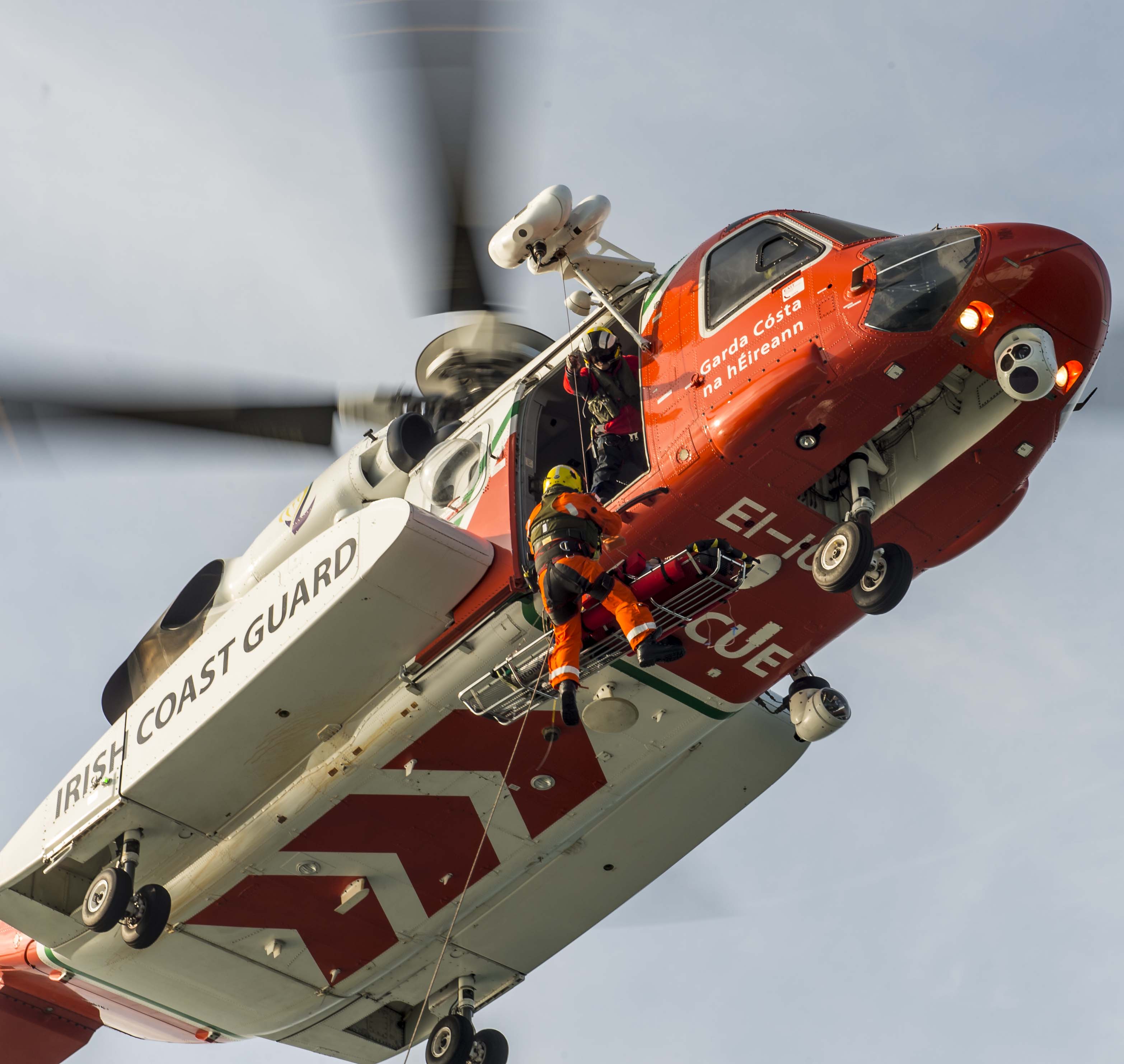Written by David Pugliese
The move would placate coalition allies, particularly the United States, who view the refuelling plane and the surveillance aircraft as valuable contributions to the ongoing air campaign.
The move would also allow Prime Minister Justin Trudeau to continue to say he is keeping his election promise of withdrawing Canada’s six CF-18 fighter jets. Trudeau promised to end Canada’s combat mission in Iraq and Syria by bringing the CF-18s home before March. Although Trudeau surprised many in his interview with BBC, when he told the reporter, "I am not opposed to bombing ISIS," but believes Canada can play a better role. ( ie. training)
Discussions about the fate of the Polaris refuelling aircraft and the two Auroras are still ongoing, but it is likely they will stay, sources say.
Trudeau has faced criticism for continuing to vow he will bring the CF-18s back to Canada even after the recent terrorist attacks in Paris. The Islamic State (ISIL) has taken responsibility for those attacks.
While the U.S. has large numbers of fighter jets available and has been doing the bulk of the bombing missions in Iraq and Syria, American commanders have said they need more aircraft capable of gathering intelligence.
The Auroras, originally designed for a maritime surveillance role, have been modernized to also collect intelligence about activities on the ground, as well as provide targeting information for warplanes.
It is not clear when an official decision on the Auroras and the refueller will be made. “There has been no decision taken to leave the non-combat assets in theatre,” Tina Crouse, a spokeswoman for Defence Minister Harjit Sajjan, said Thursday.
Keeping the refuelling and surveillance aircraft in the war would open the Liberals up to criticism that they are still taking part in the combat mission since the role of such planes is to support fighter jets conducting airstrikes.
Trudeau has appeared to be easing up on his views about the role of air power in the war. He told the BBC he’s not opposed to the current bombing mission against ISIL, but believes Canada can contribute more effectively in other ways.
Canada’s options for a ground training mission in Iraq include possibly putting regular forces into the country to help instruct troops, or overseeing the creation of a Kurdish special forces unit to battle ISIL.
Over the years, the Canadian Army trained Afghan troops and Sajjan has pointed out that it has developed a reputation and skill for such missions. The drawback, according to some officers, is that it could take the Canadian Army up to seven months to field a significant training unit to Iraq.
Canadian special forces are continuing to train Kurdish troops in northern Iraq. One potential new mission could involve Canadian personnel helping oversee the creation of a Kurdish special forces unit. The Kurds currently do not have such a capability, which could be used for quick strike raids and covert operations against the Islamic State.
Members of the Canadian Special Operations Regiment in Petawawa have helped train Afghan special forces previously so such a mission would be a familiar one for that unit as well as for the Ottawa-based Joint Task Force 2 counter-terrorism unit.
Sajjan noted that without the proper training of Iraqi troops to take and hold ground, the effect of the bombing campaign is limited.
In an interview last week with the Citizen, Sajjan said the government will not be rushed into its commitment for training troops in Iraq but will instead ensure that whatever personnel are provided will have a positive effect on the battlefield.
He would not put a timeline on any option. “I don’t want to make this into a political expedient decision knee-jerk,” he added.
The Canadian Forces currently have around 69 special forces personnel in northern Iraq training Kurdish troops.
